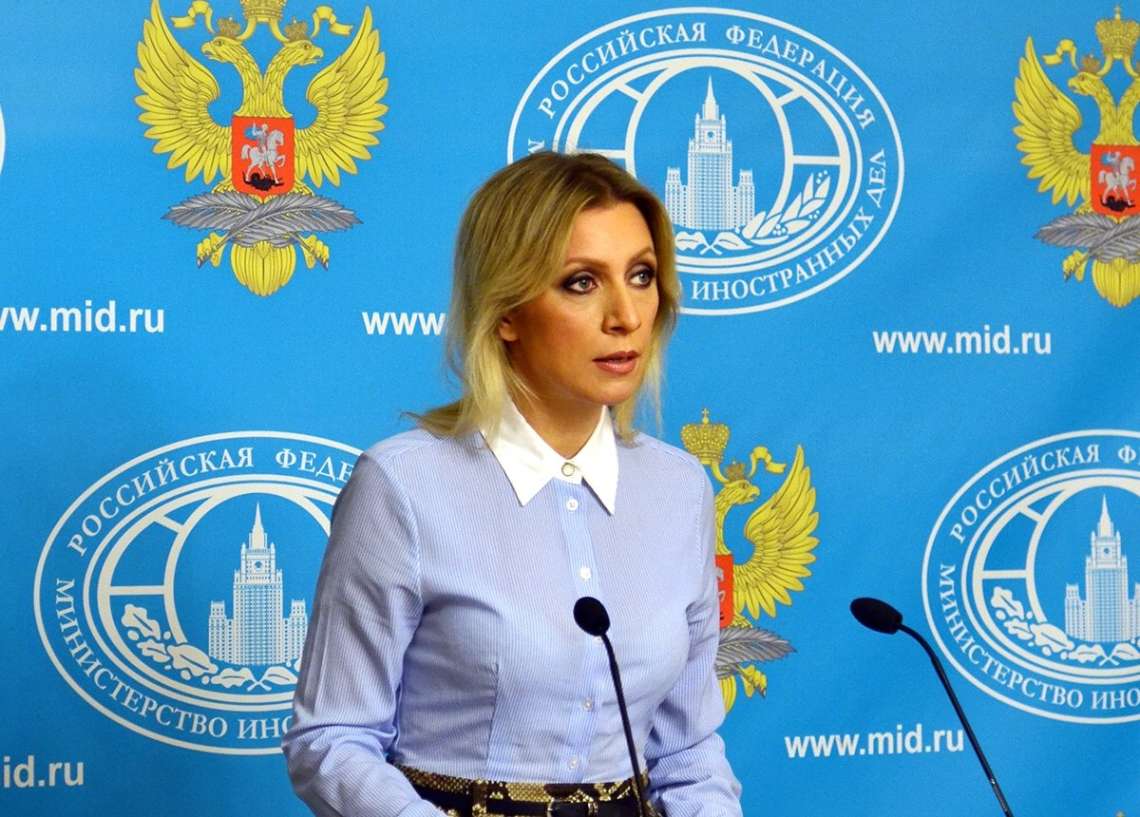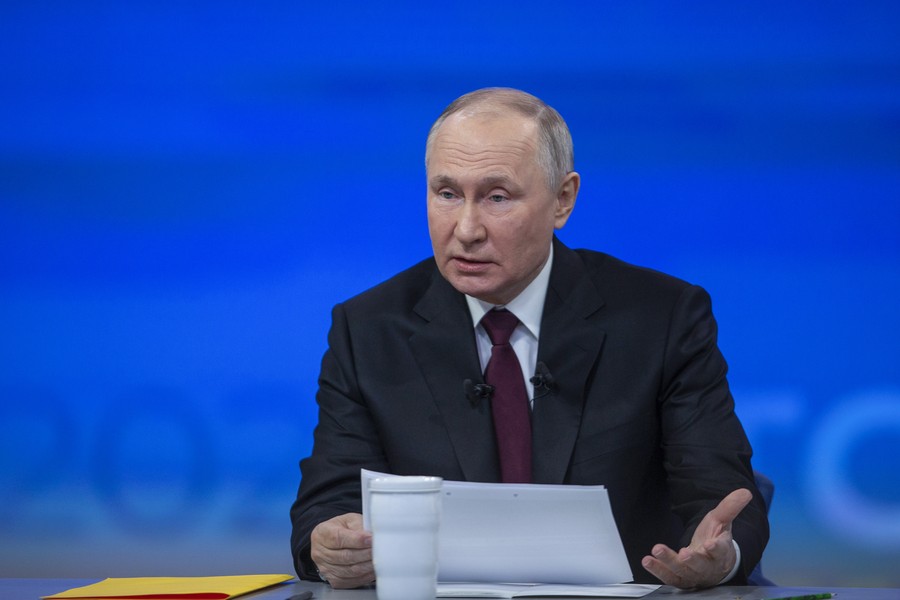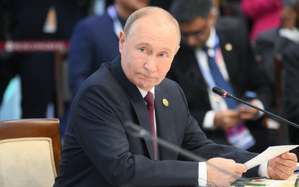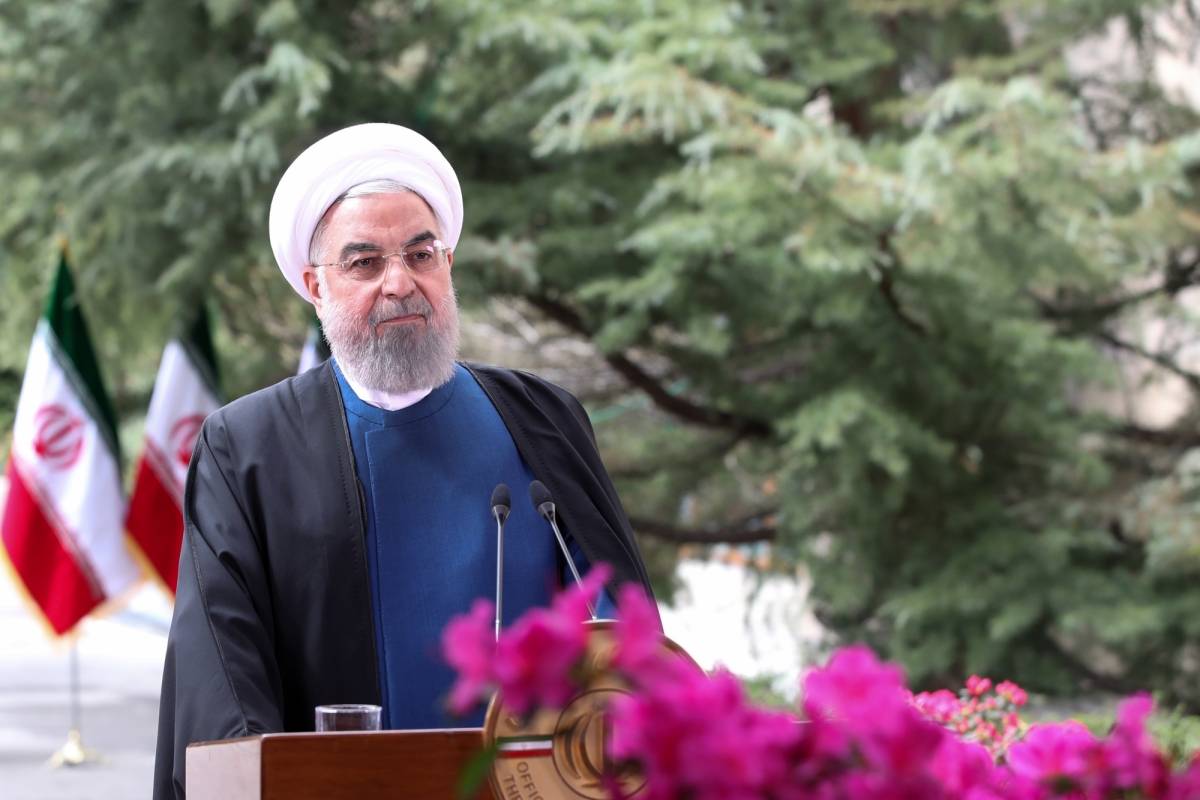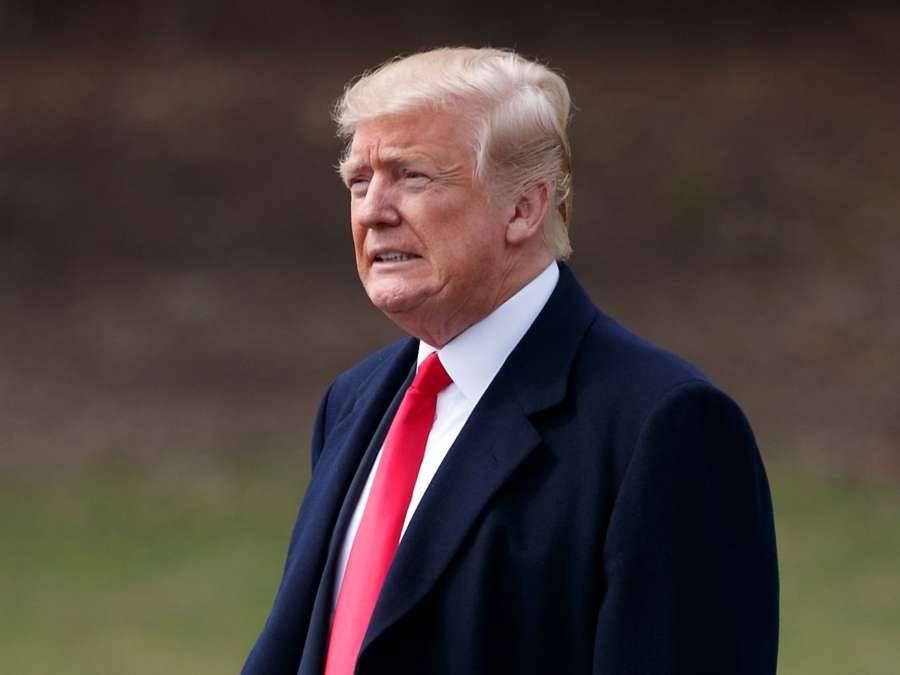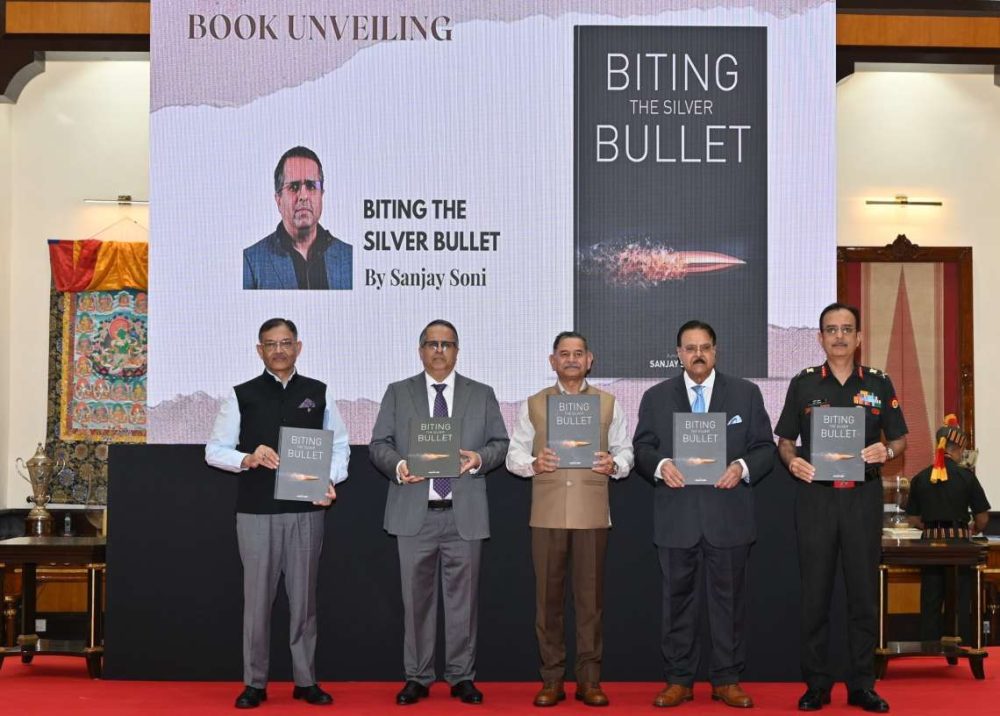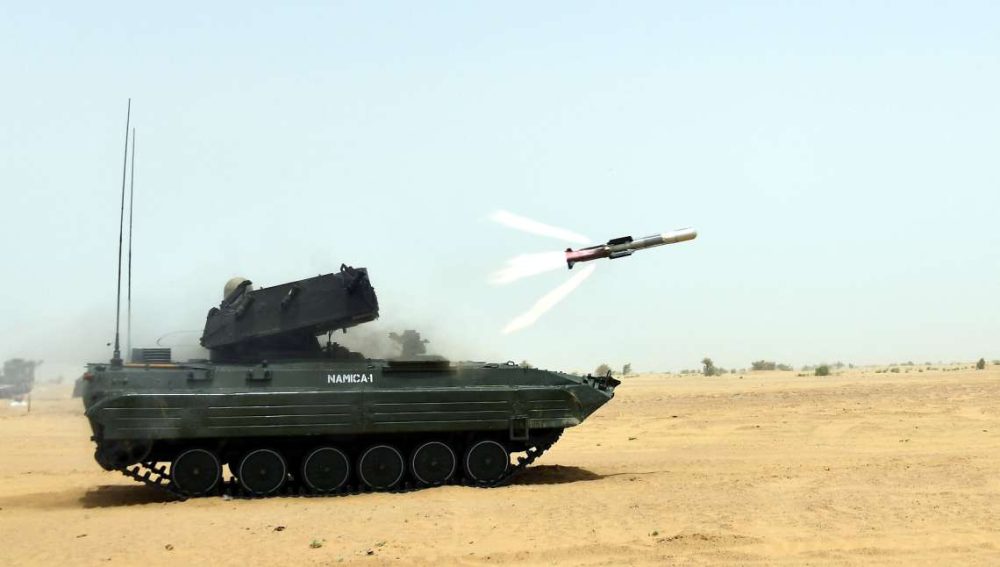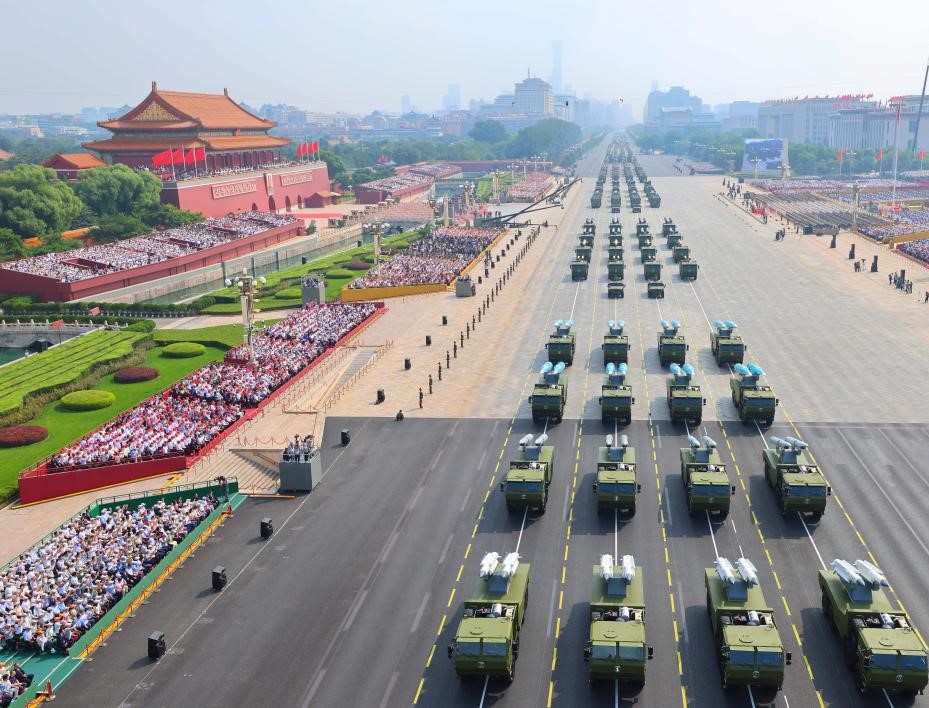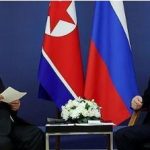Russia has presented concrete proposals aimed at preserving the treaty, but the US has not responded, according to Karasin…reports Asian Lite News
The Russian Federation Council, or the upper house of parliament, passed a bill on Wednesday to withdraw from the arms-control Treaty on Open Skies.
The decision was made in response to the US pullout from the pact in November 2020, head of the chamber’s International Affairs Committee Grigory Karasin said in a statement.
He criticised the US move for significantly undermining the balance of interests and hurting the treaty’s key role in building confidence and transparency.
Russia has presented concrete proposals aimed at preserving the treaty, but the US has not responded, according to Karasin.
“Considering that our partners were not ready for reciprocal steps, and proceeding from the need to ensure national security interests, Russia has decided to withdraw from the treaty,” he said.
The Russian State Duma, or the lower house of parliament, greenlighted the bill on the withdrawal last month.
Russian President Vladimir Putin is expected to soon sign the bill into law.
The multilateral Treaty on Open Skies, which came into effect in 2002, allows its states-parties to conduct short-notice, unarmed reconnaissance flights over the others’ territories to collect data on military forces and activities.
After Washington announced its withdrawal last year, the Russian Foreign Ministry said in January that the country had started domestic legal procedures for the official pullout from the treaty.
Last week, the US government said that it has decided not to rejoin the Open Skies Treaty.
“The US regrets that the Treaty on Open Skies has been undermined by Russia’s violations. In concluding its review of the treaty, the US therefore does not intend to seek to rejoin it, given Russia’s failure to take any actions to return to compliance,” a State Department spokesperson was quoted as saying in a statement.
“Further, Russia’s behaviour, including its recent actions with respect to Ukraine, is not that of a partner committed to confidence-building,” the statement added.
The multilateral Treaty on Open Skies, which became effective in 2002, allows its 34 state-parties to conduct short-notice, unarmed reconnaissance flights over the others’ entire territories to collect data on military forces and activities.
After the US withdrawal on November 22, 2020, the Russian Foreign Ministry announced this January that the country had started domestic legal procedures for the official pullout from the Treaty.
Last week, the Russian State Duma, or the lower house of parliament, unanimously approved a bill on the country’s withdrawal from the treaty.
The US and Russia have blamed each other for non-compliance with the treaty.
The treaty is aimed at building confidence and familiarity among state parties through their participation in the overflights.
By 2019, over 1,500 Open Skies flights have been conducted since the deal entered into force, according to media report
ALSO READ: Russia vows response to EU hostility yet ready for dialogue



